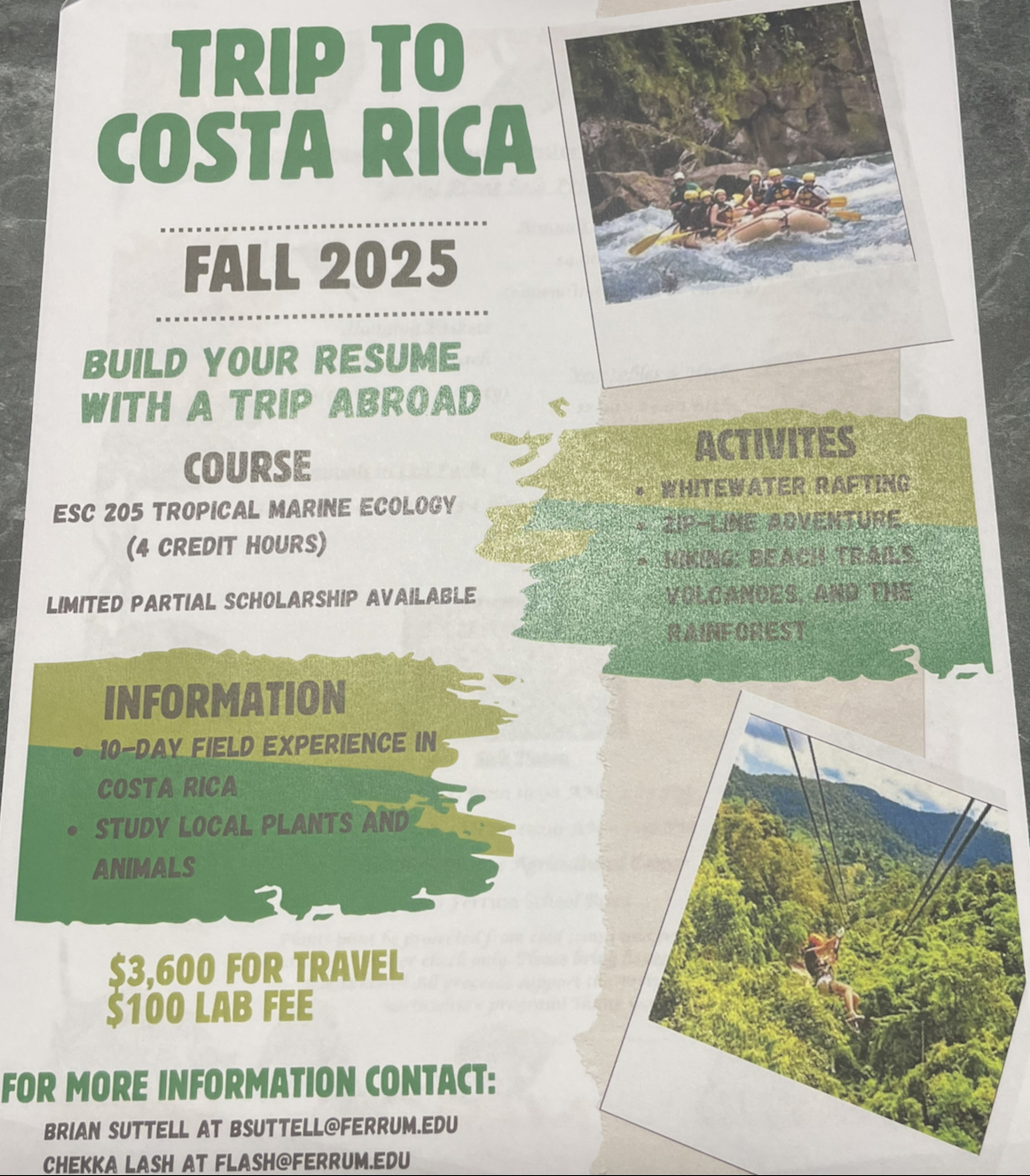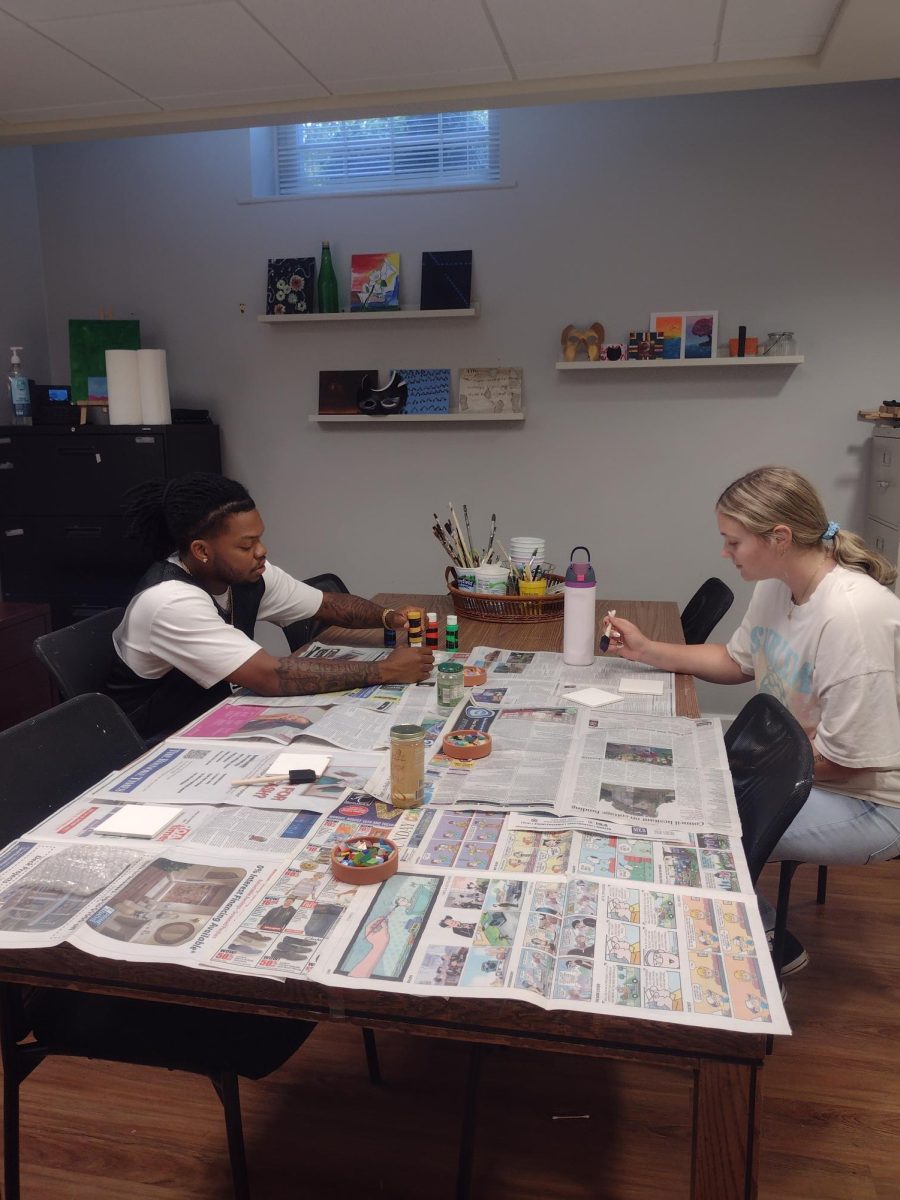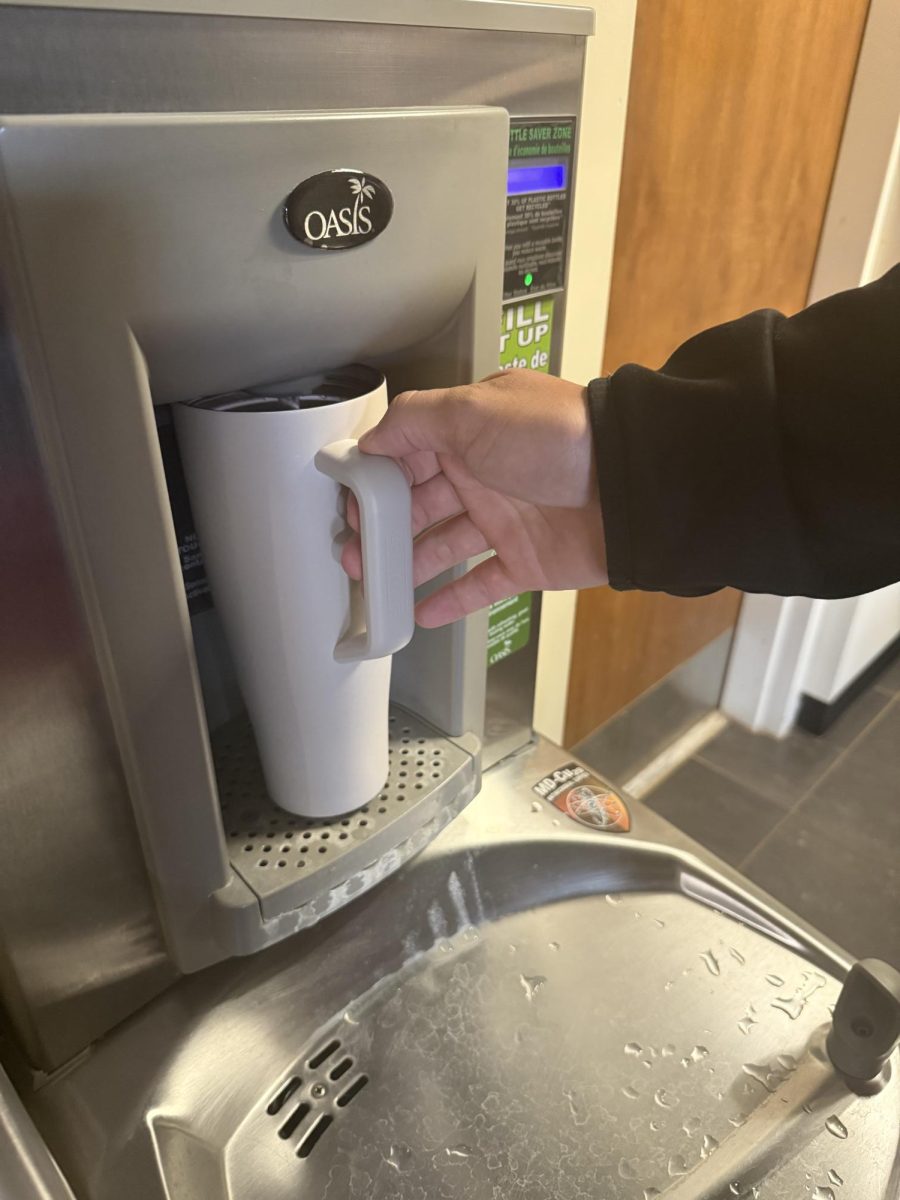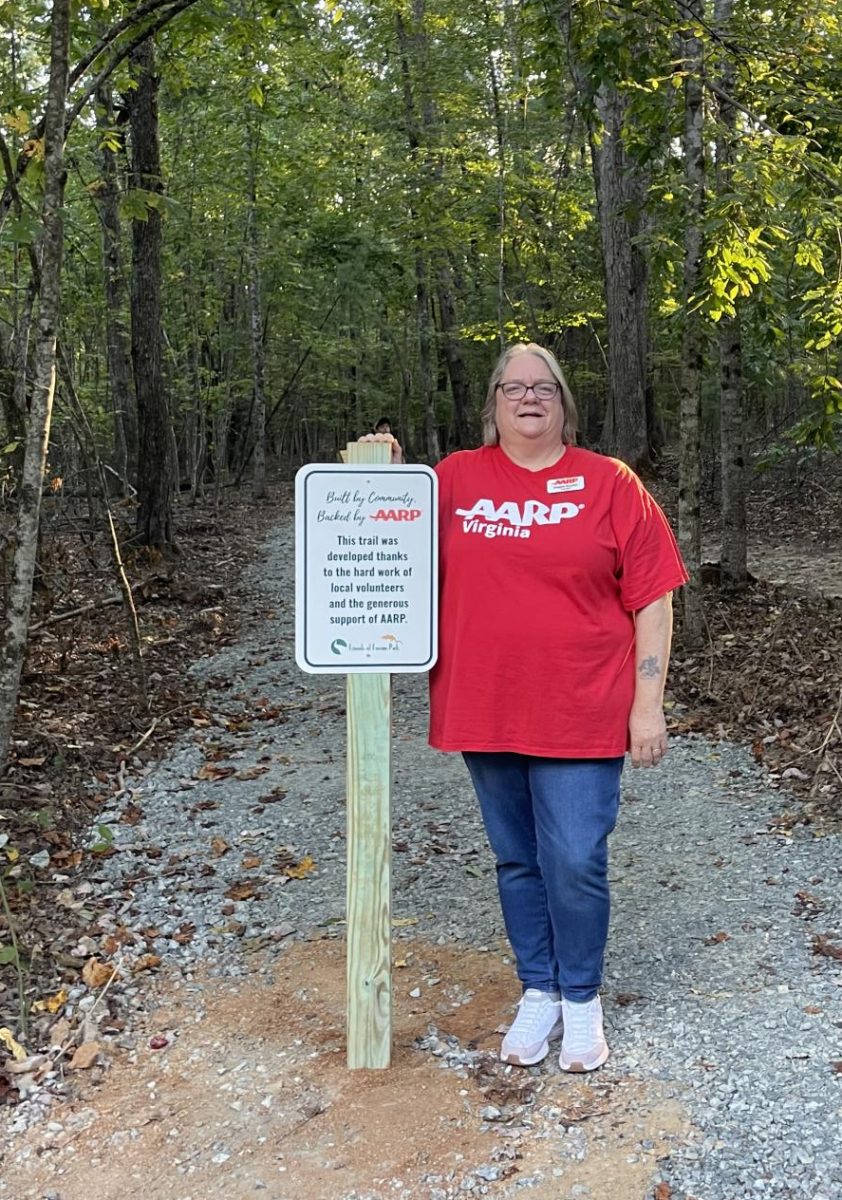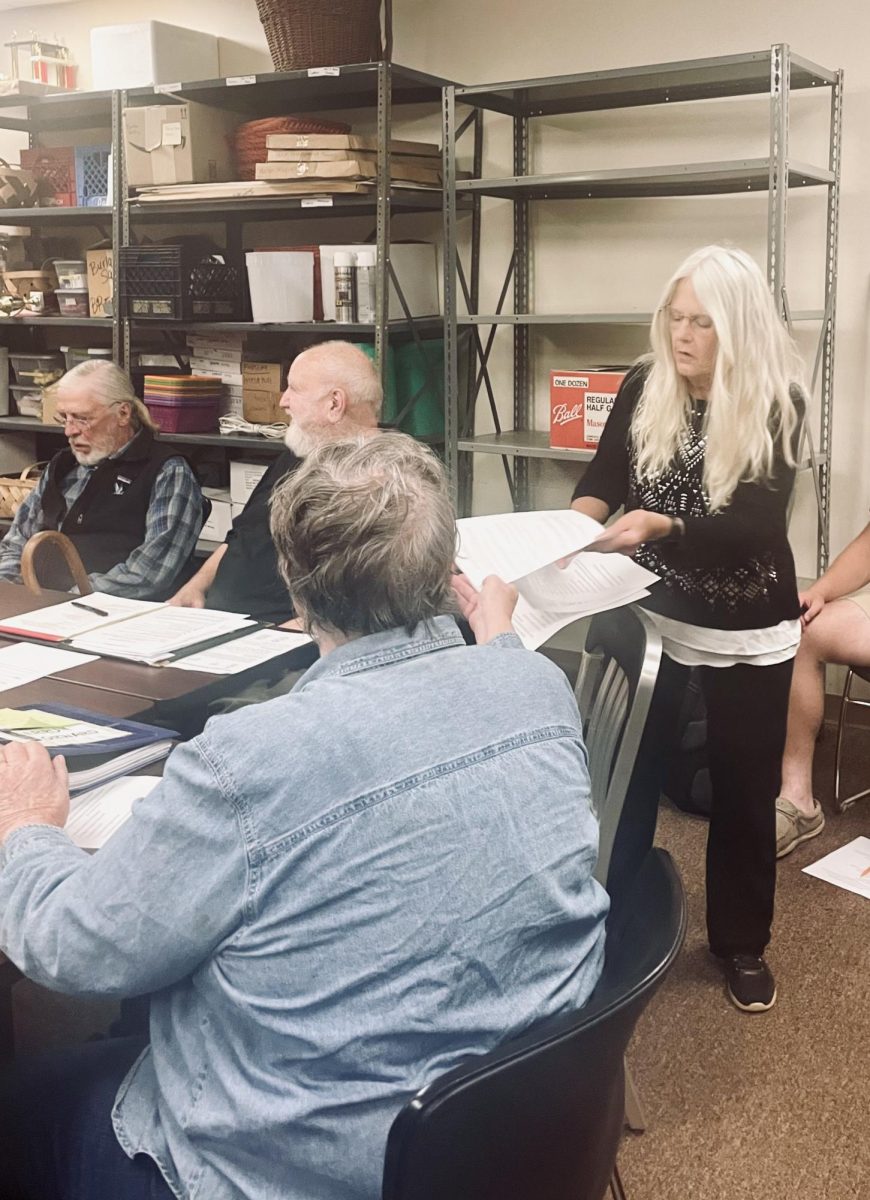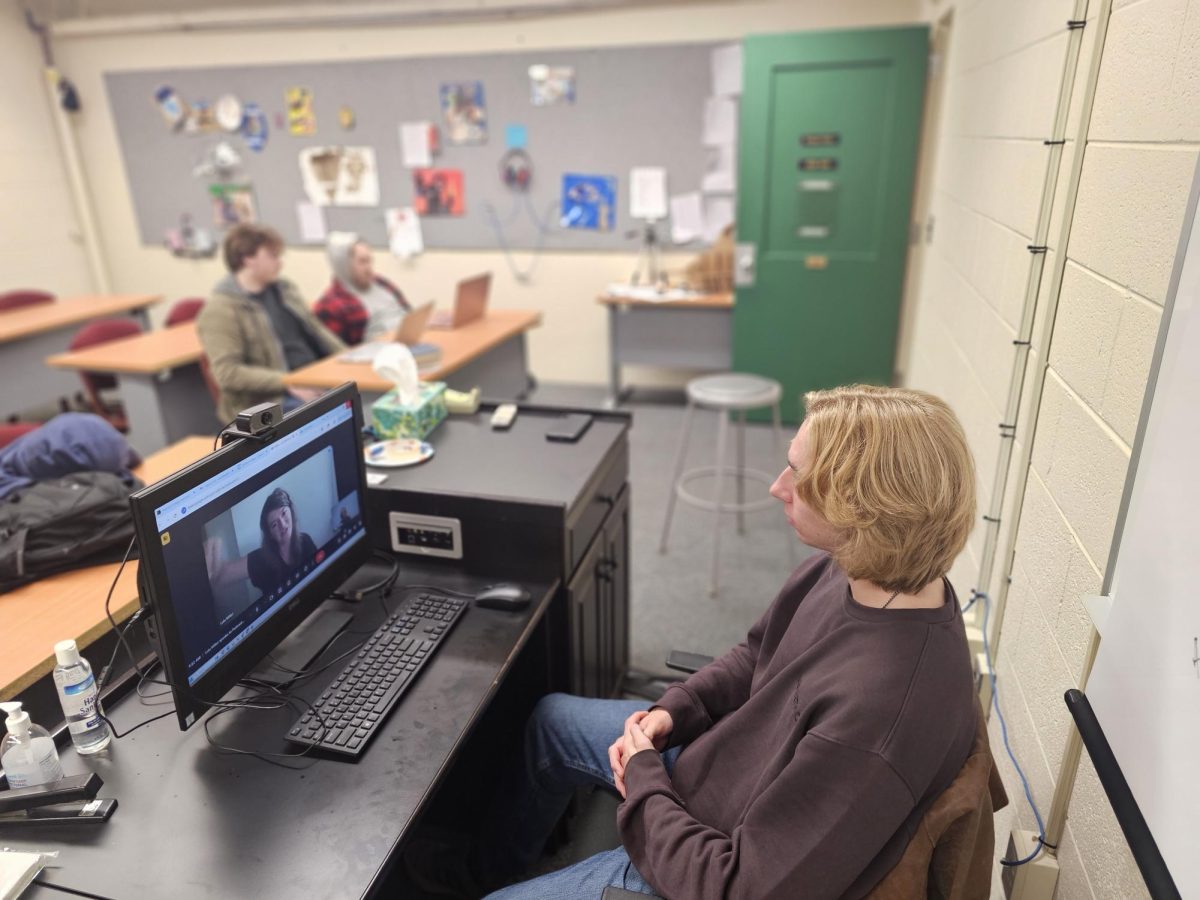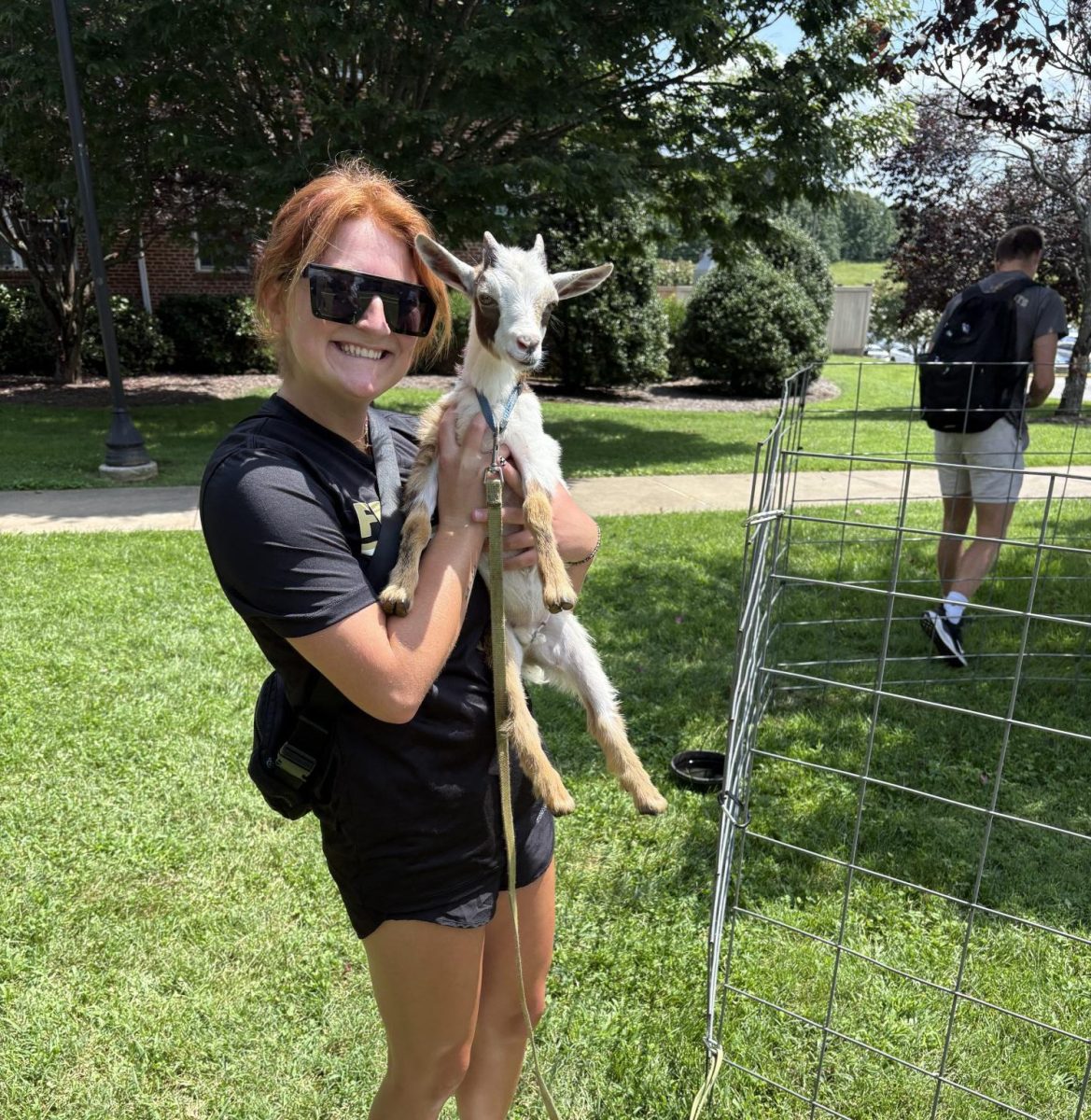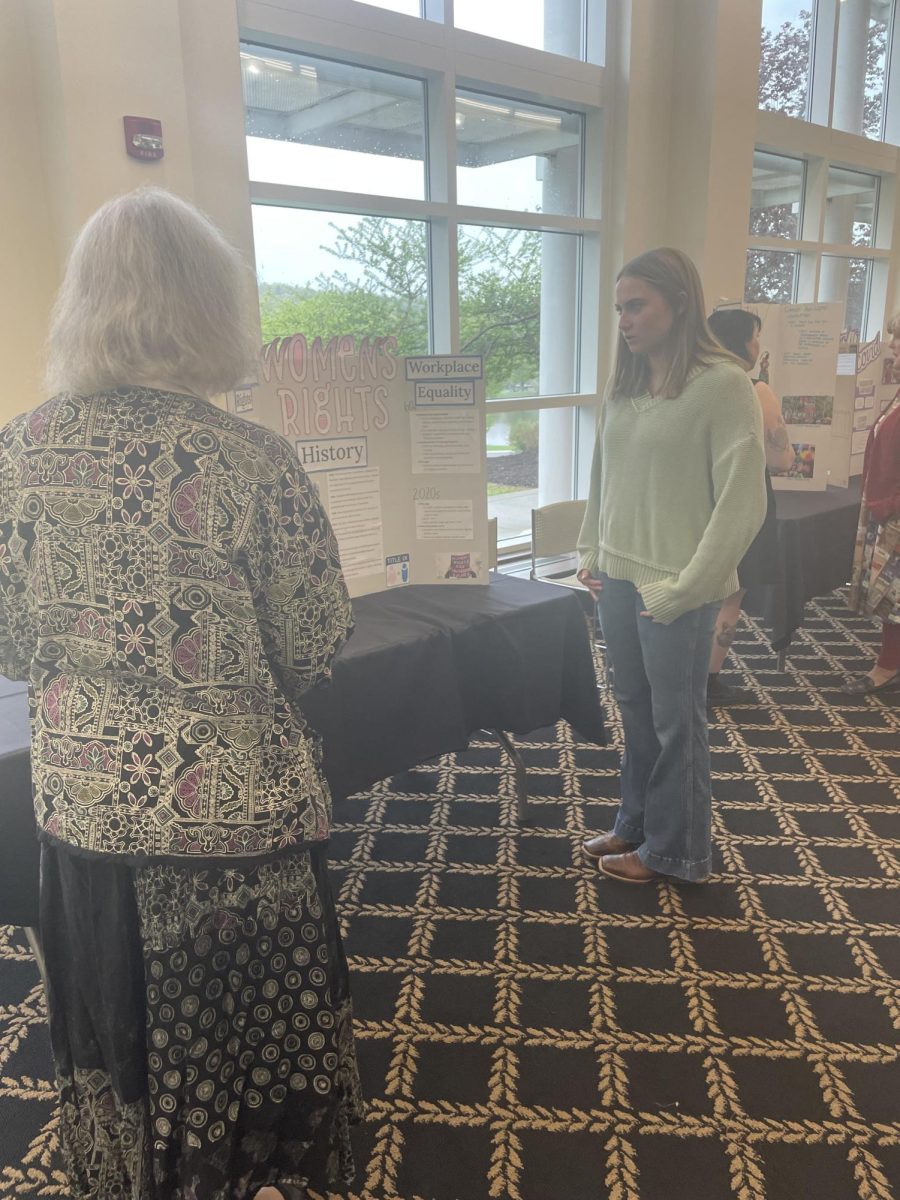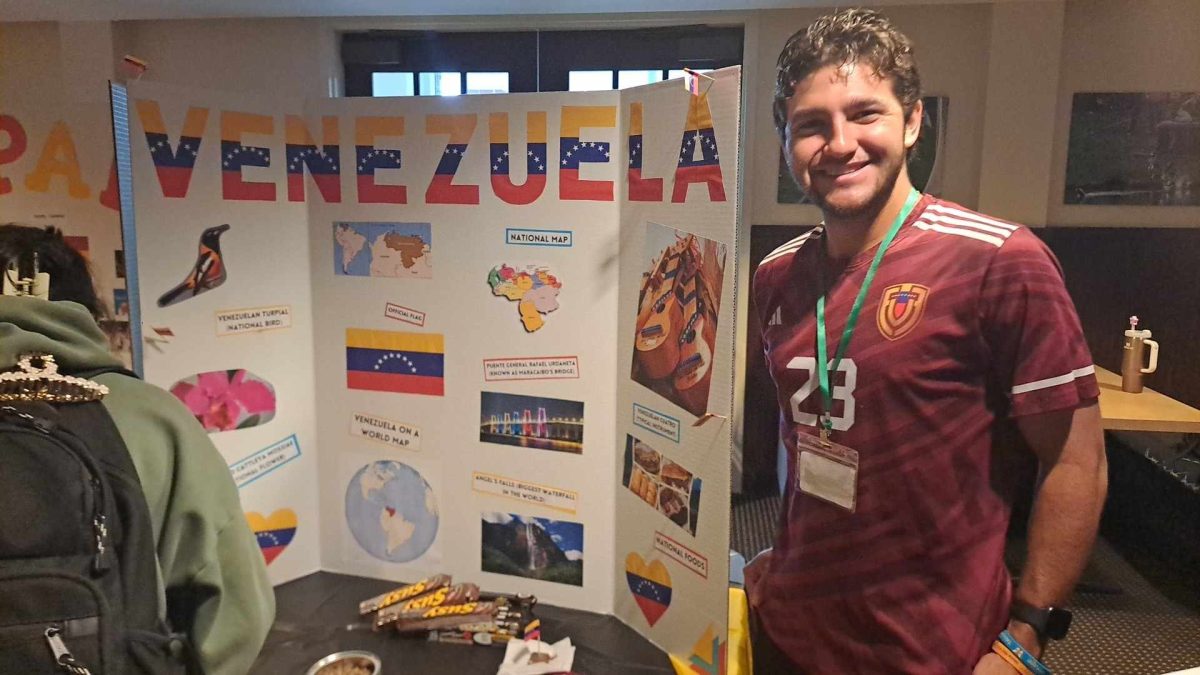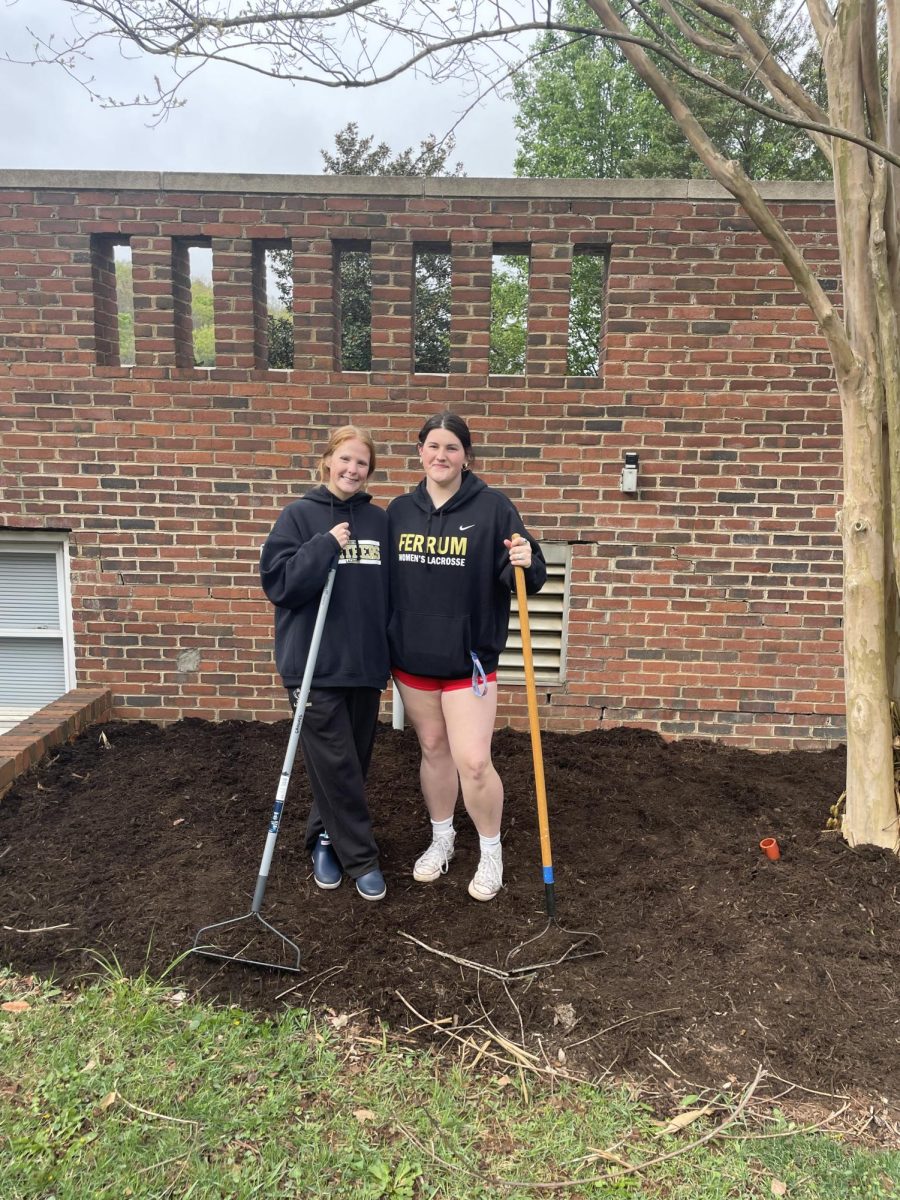Fall 2025, ESC 205 (Tropical Marine Ecology) students will find themselves in Costa Rica.
To become part of the cohort, students must pay a $3,600 for travel and $100 for a lab fee.
The course is capped at 16 students, and after fall break, the students taking the course will be in Costa Rica for 10 days.
“The purpose of this 10-day field experience in Costa Rica is aimed to provide students with an immersive and ands-on understanding of marine and tropical ecology,” Biology Professor Frances Lash said. “We want to move beyond the classroom and allow students to directly observe and interact with the complex ecosystems that are only found in tropical areas. By experience the biodiversity and ecological importance of Costa Rica firsthand, we aim to cultivate a stronger appreciation for conservation and the interconnectedness of ecosystems.”
Lash added the trip integrates concepts from biology, ecology, conservation, and potentially even social and economic aspects related to these environments.
History Professor Brian Suttell–also Director for International Programs—said the process to make this happen was a group effort.
“Professor Lash spoke with me for a study about possible destinations for a study abroad trip that would make sense for environmental science focus, and we agreed Costa Rica would be an excellent choice,” he said. “Professor Lash had communications with Dana Ghioca-Robrecht and Delia Heck, our Provost, so it was very much a collaborative process.”
An itinerary is already in place for next year once the students arrive in San Jose, Costa Rica on day one.
Over the course of the trip, students will participate in events such as: whitewater rafting, volcano hikes, river safari, swimming below a waterfall, ziplining, and touring a chocolate farm.
“I hope the students will see the theories and concepts we’ve discussed in the classroom come to life. I want them to witness the incredible richness of Costa Rica’s ecosystems and understand the importance of conservation efforts in protecting these valuable resources,” Lash said. “This first-hand experience should foster a sense of responsibility toward the environment. Navigating new environments and sharing experiences will build community connection and enrich the experience of these college students.”
Suttell said students can learn about the world in classes, but experience is the greatest teacher.
“Studying abroad is an incredible opportunity that can help students experience and appreciate other cultures and gain valuable real-world experience. Many employers are looking for people with international perspectives, and studying abroad can provide a relevant and interesting point to discuss in a job application or interview,” Suttell said. “It is a life-changing experience for some students. For example, one Ferrum College alumna who studied abroad recently is now pursuing a master’s degree in the United Kingdom.”
The trip to Costa Rica isn’t the only trip abroad students will be making in the near future.
Grace Weaver, sophomore, was the recipient of the Richard L. Smith Academic Enrichment Scholarship, which she will use to help fund her study abroad experience this summer in Seville, Spain.
Faculty-led trips to Italy have been part of a consistent rotation, and other faculty-led trips to other countries as well as destinations within the U.S. will be offered.


